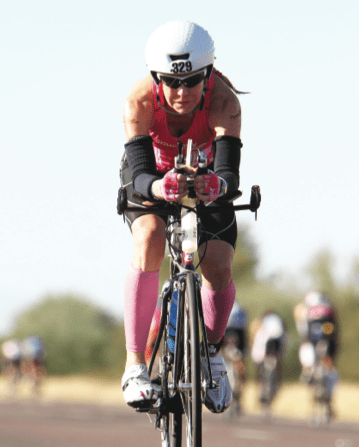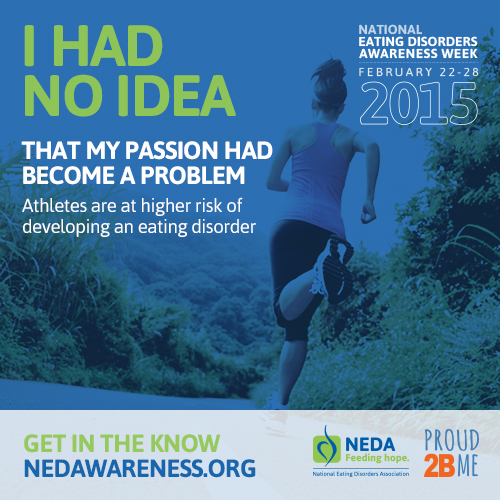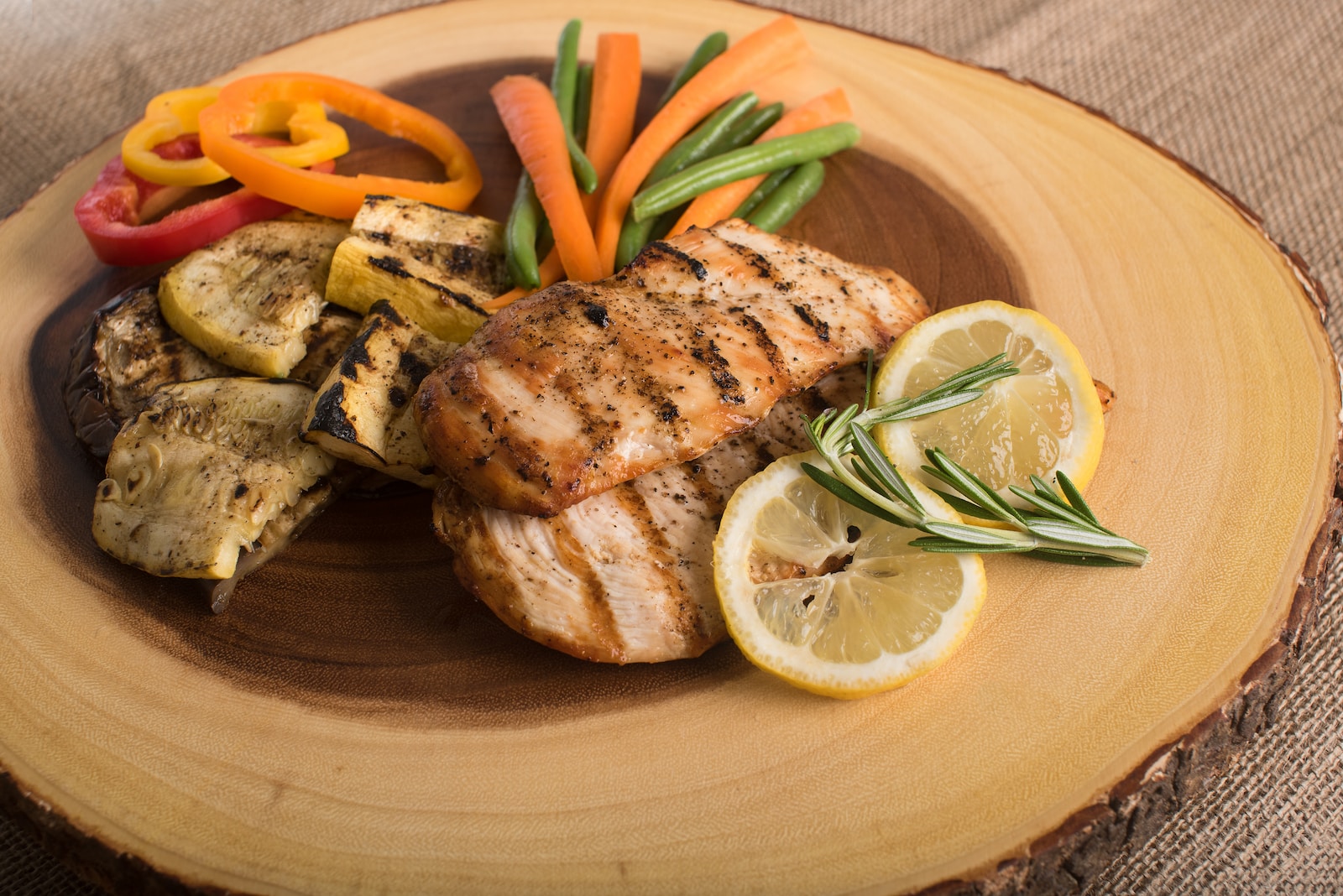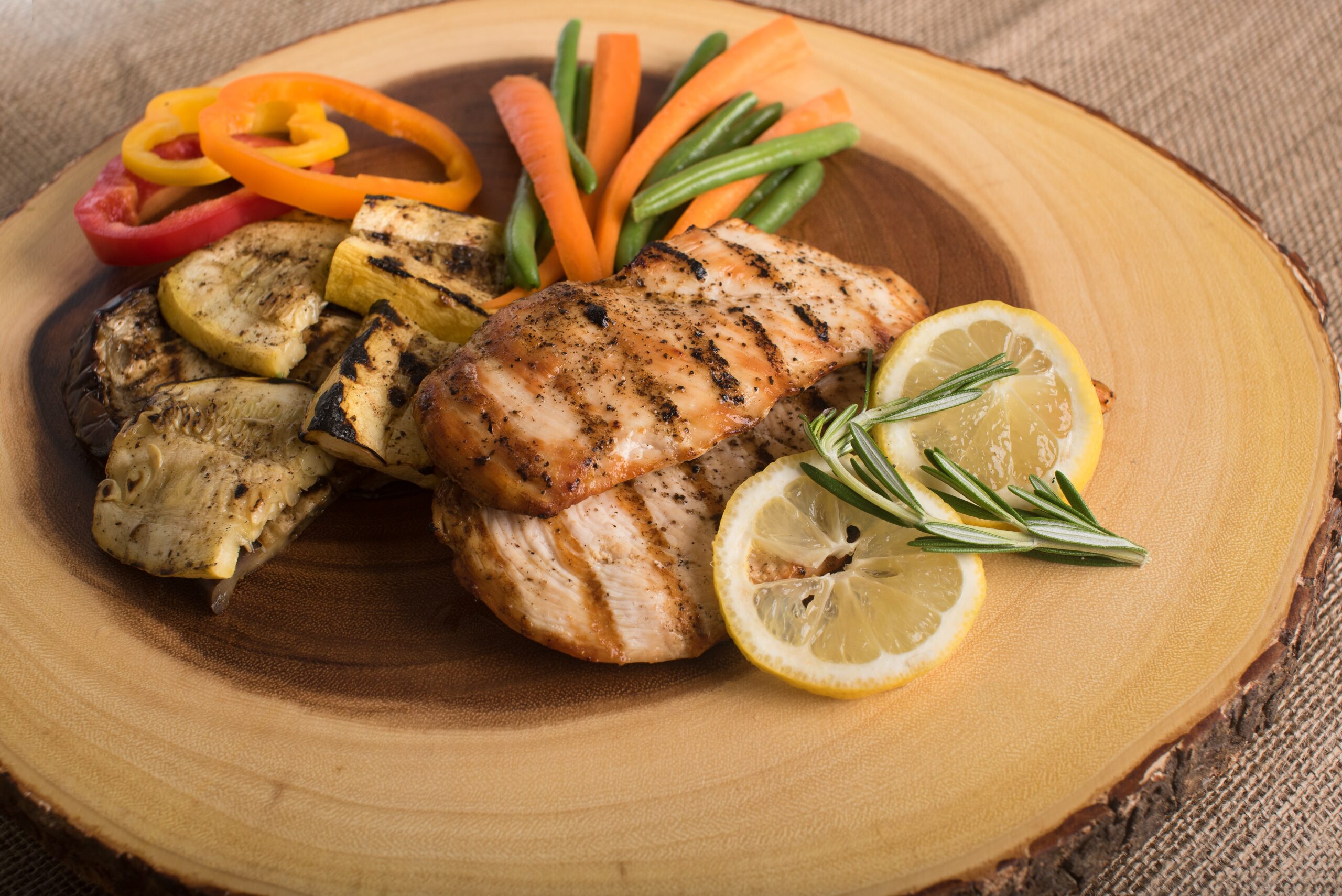Are You Fed Up?
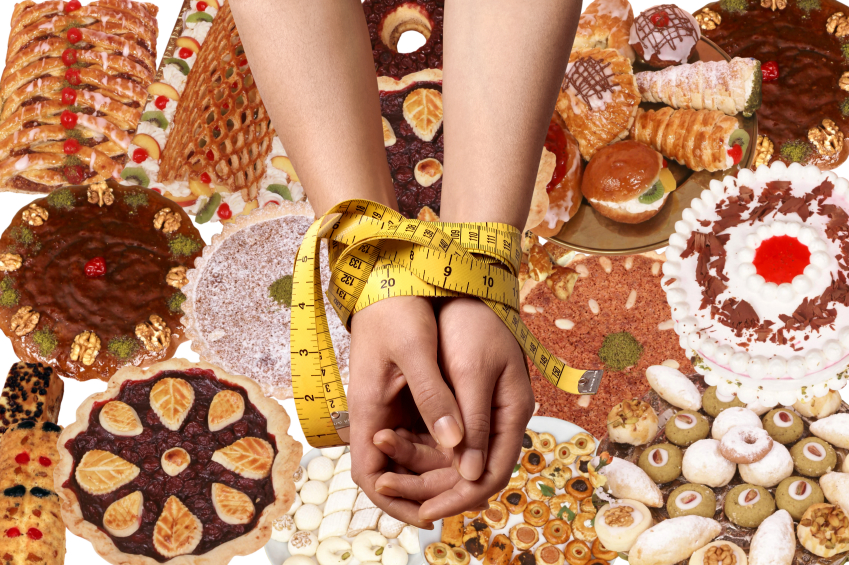
Are You Fed Up?
Whether a New Year’s resolution has you fired up for a change, or you’re just battling the winter blahs, around this time of year, you’re probably scouring the Internet for a diet or detox plan to get you in tip-top shape for race season. I’m willing to bet that by now you’ve found more than a few that are guaranteed to deliver amazing results — or so you’re told.
These days, diet “experts” are a dime a dozen on the Internet. Website after website wants to put you on the road to your goal weight, but how do you know whom to trust? Trends come and go, and some sites want to sell you on a product or service that may or may not suit your needs.
Because no one method will meet all of your nutritional, health and performance goals, here are some solid science-based tips you can always rely on.
Nutrition Tips:
1. Except when you’re fueling during exercise, limit your simple sugar intake. Research shows that sugar is more addictive than cocaine. To help your body break the habit, try going without it for 10 days.
2. Avoid processed foods. If you don’t know an item in the ingredient list, don’t put it in your body.
3. Ensure there is adequate protein at every meal/snack (25-30 grams for meals, 10-15 grams for snacks). A balanced carb/protein/fat breakdown at each meal/snack is the foundation of a metabolically efficient eating plan.
4. There are no shortcuts. Fitness gains and improved body composition come with a balanced diet and consistent exercise regimen — not overnight via a pill, potion or empty promise.
5. Eat real, whole foods as often as you possibly can. Plan ahead so you don’t get caught starving at the gas station, staring at a row of candy bars.
6. To help avoid temptation, keep preservative and sugar-filled snacks out of your path. Rely on real food instead: nuts, carrots/hummus, popcorn, a glass of milk or yogurt to name just a few.
7. Eat every three to four hours during your waking time to ensure stable blood sugar and avoid cravings later in the day.
8. Restricting caloric intake too much will backfire. Research has shown that a deficit of more than 300 calories/day signals your brain to slow down your metabolic rate, which hinders weight loss — and makes you prone to splurge.
9. Though some medical conditions call for eliminating dairy, gluten or nuts, cutting out entire food groups means you’ll miss out on valuable nutrients, so don’t do it if you don’t need to.
10. No food should be entirely off-limits. Love chocolate? Find a way to incorporate it into your diet, just make sure it’s a special treat and not a mainstay.
Lifestyle Tips:
1. Stop eating when you’re no longer hungry. You don’t need to finish everything on your plate.
2. You’re at your best when you’re in the moment. Cultivate awareness of what you’re eating, how you feel when you eat, and why you make the food choices you do.
3. Stop stress eating before it starts. When your anxiety level spikes, talk to a friend, take a warm bath, do yoga, go for a walk or even clean house to find a sense of calm and accomplishment.
4. Learn the difference between fatigue and hunger, and get the rest your body needs to make good choices and feel its best.
5. Hydrate! We often confuse thirst and hunger. Keep in mind, too, that you don’t need a snack every time you have a beverage.
6. When you’re not preparing a meal, stay out of the kitchen. Work and relax in other rooms (or better yet, get outside) to avoid the temptation to graze.
7. Find a non-food reward. Buy a new book, take a bubble bath, chat with a friend or go to a yoga class.
Are You Fed Up?

